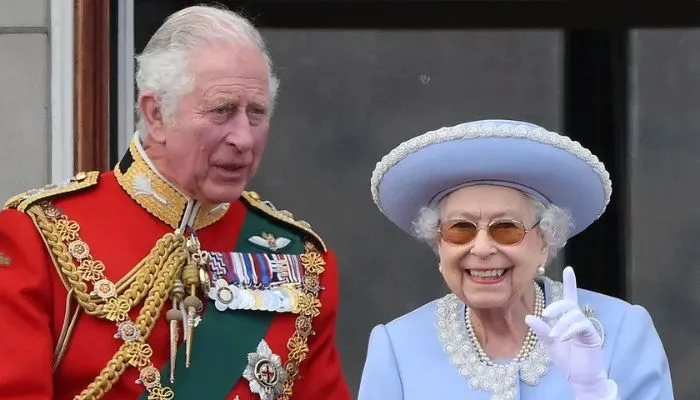British monarchy teeters as King Charles III ascends the throne
October 21, 2022
King Charles III, formerly known as Prince of Wales, has generated public scrutiny for years. As popularity for the British monarchy continues to decline, his controversies exacerbate pre-existing discontent with the institution in general. Looking forward, Britain must weigh the ever-changing balance between tradition and modernity.
According to YouGov, just 42% of the British population have a positive view of Charles. One of his longest-standing controversies involves his marriage with Princess Diana. After the public caught wind of his affair with Camilla Bowles, his favorability steadily decreased. Since then, his scandals have only gotten more serious. According to the Sunday Times, in 2013 Charles accepted over one million dollars in donation money from Osama Bin Laden. He denied accepting these funds with this awareness, but the public perception had already been damaged.
He also faces allegations of racism. In the book Brothers and Wives: Inside the Private Lives of William, Kate, Harry and Meghan by Christopher Andersen, Charles is accused of remarking, “what do you think their children’s complexion might be?” This in reference to Meghan Markle’s pregnancy, as she is part black. Charles denies these claims, but the public’s admiration for Markle has already influenced most Britons. Her social favorability, paired with the already deep-rooted history of racism within the English monarchy, combined to further weaken his standing.
Others are discontented by his continued push for political power. In 2015, news broke that he had been receiving confidential government documents for decades. He also sent what are known as the “black spider memos”, urging political leaders through private messages to carry out policies he was in favor of. In several cases, he even met with these leaders in person to discuss topics unknown to the public.
For many Britons, Charles represents the physical embodiment of the flaws of monarchy. With allegations of racism, questionable political ties, and a perceived effort for increased power, he exacerbates a growing trend of dissatisfaction. According to YouGov, 62% of Britons want to uphold the monarchy. In 2012, however, this percentage stood at 75%. As younger generations grow older and England adapts to life post-Queen Elizabeth II, it will be interesting to see how these numbers change. But for the foreseeable future, England will continue to operate under their twelve hundred year monarchy.
